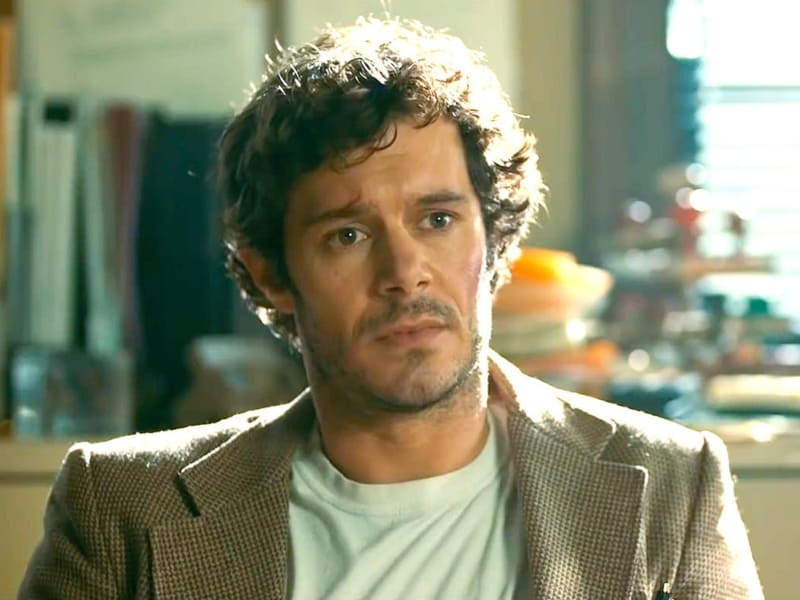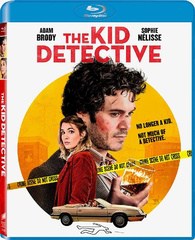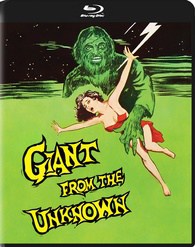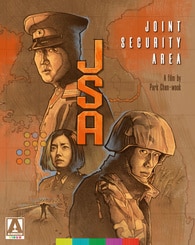#A Mystery Leads to Dark Laughter in Our Pick of the Week

Table of Contents
“#A Mystery Leads to Dark Laughter in Our Pick of the Week”
 The Kid Detective
The Kid Detective
What is it? A famous child “detective” grows into a man trying to solve the mystery of what went wrong with his life.
Why see it? Adam Brody is a gem in performances both lead and supporting, and the former are far too rare. This dark comedy gives him that opportunity, and he knocks it out of the park with dry humor, wit, and a touch of pathos. The mystery he’s trying to tackle ties in smartly to his own past, and it takes some very grim twists before it’s all over. The film is also very funny, though, and like a less ridiculous Zero Effect (1998) it finds fresh angles into the world of noirs and private detectives.
[Extras: None]
The Best
Assassins
What is it? The public murder of Kim Jong-un’s brother is explored in surprising detail.
Why see it? Assassinations don’t always happen to be caught on film/video, but when it is it doesn’t mean the answers are all that clearer. This case saw two women poison a man in an airport, but what appears clear cut is anything but. The documentary follows the two young women who appear to have been conned into killing a man — when they claim only that they were part of a prank show. The evidence is both bonkers and convincing making for a doc that runs the gamut from tense to entertaining to ridiculous. It captures the lengths people will go to commit crimes and cover their tracks, and it’s a frightening ride.
[Extras: None]
 Bartender
Bartender
What is it? A mysterious bar and its even more mysterious bartender mixes drinks and saves souls.
Why see it? The popular manga is adapted here into a series that feels at times like a quiet, warm-hearted anthology. The bar and bartender remain while new characters enter each episode with problems only he and a particular drink can help solve. They’re far from life and death tales, but instead the characters find emotional, human stakes. This is a show you watch one episode at a time rather than marathon, after a long day or to relieve stress. It will most likely leave you with a taste for a stiff drink, but if you stick with one a night you’ll be fine.
[Extras: Coasters, recipes]
The Cleansing Hour
What is it? Supernatural charlatans come face to face with a real demon.
Why see it? Possession movies are dull in general, but more than a few have livened up the subgenre with fresh ideas and personality. This is one of the good ones, and while plenty of the expected beats fail to thrill the humor and energy of the rest makes for an entertaining ride on its way to a pretty great ending. It doesn’t do much new, necessarily, but what it does it does well. Avoid trailers and just head into this one mostly blind, and let the fun chills wash over you.
[Extras: Commentary, featurette, short film]
 The Climb
The Climb
What is it? A man’s best friend is also his worst enemy.
Why see it? A movie about a toxic friendship doesn’t exactly sound like a hilarious time, but The Climb is absolutely that. Kyle (co-writer Kyle Marvin) and Mike (director/co-writer Michael Covino) are lifelong friends despite the latter’s habit of being an absolute prick who meddles in Kyle’s relationships. It’s funny, mean, honest, and enough to put you off bicycling and best friends forever.
[Extras: Commentary, short film, deleted scenes]
 Giant from the Unknown
Giant from the Unknown
What is it? A large conquistador is thawed out of suspended animation to cause havoc.
Why see it? Monster movies from the 50s came in all shapes and sizes, but “big” creatures were often more popular than most. This 1958 effort aims that direction, albeit with a giant who’s probably 6’5″ or so, but it has fun as the characters come to grips with what they’re facing. A white guy playing a Native American ain’t great, but the character is allowed to be smart and concerned with respectign his ancestors. The rest are your typical small-town fodder, and at just 77 minutes it moves at an appreciated pace. The Film Detective’s new Blu is another solid rescue of a forgotten genre effort with both a restoration and new extras to match.
[Extras: New 4K transfer, commentaries, interviews, booklets]
 Joint Security Area [Arrow Video]
Joint Security Area [Arrow Video]
What is it? A shooting at the Korean DMZ leads to an investigation and shocking truths.
Why see it? Every Park Chan-wook movie is worth watching, yes even I’m a Cyborg and That’s Okay, but some are also worth owning and rewatching. This early feature remains a powerful and suspenseful drama about conflicting ideals and personalities, and Park finds real tension and mystery in his tale. It’s an intimate story, but the ramifications are far-reaching as the results of the investigations will affect the North and South, and indeed the world. Arrow’s new Blu-ray is the film’s long-overdue arrival into proper HD, plus, Song Kang-ho!
[Extras: Commentary, interview, featurettes, music videos]
The Rest
Dreamland
What is it? Lovers on the run from their own criminal choices.
Why see it? We’ve seen the Bonnie & Clyde routine many times over, and this latest riff works hard to soften the pair’s violent tendencies. They’re still criminals, but they’re in love and good at heart! Margot Robbie is the main reason to watch, obviously, and she’s quite good here with a role that unfortunately doesn’t stand apart. It’s also a very attractive film, for whatever that’s worth to you.
[Extras: None]
Martin Eden
What is it? A man dreams of becoming a successful writer.
Why see it? Jack London’s early 20th century novel gets an atypical adaptation — the film moves the story to Italy — while keeping the core story of ambition and class. It’s a big drama filled with both life and character, and Luca Marinelli infuses the lead character with charisma and visible energy. The struggle of the artist in times both lean and fat carries the film’s themes forward in engaging ways.
[Extras: Interview, commentary, Q&A]
Max Cloud
What is it? A teen gamer finds herself trapped in a side-scroller.
Why see it? The two main reasons to watch this action/sci-fi film are the premise and the recognizable talent playing the title character. The setup involving someone trapped in a game isn’t new, but it’s always fun, and with Scott Adkins playing the game’s butt-kicking action hero the results are entertaining enough.
[Extras: None]
Toys of Terror
What is it? A family’s arrival at an old orphanage opens the door to terror.
Why see it? Comedian Dana Gould wrote the script for this straight to DVD chiller, but it’s no comedy. The family is fractured in some ways, and the house’s secrets quickly see them rush towards untimely demises at the hands of killer toys. It’s well-acted and the writing is engaging enough, but hoo boy, the toys are brought to life with some pretty shoddy effects. It’s a mix of stop motion and optical work that just distracts when it should be thrilling.
[Extras: Featurettes]
Wander
What is it? A private eye finds a simple mystery grow into something far larger.
Why see it? Aaron Eckhart headlines as a private detective who just might be his own worst enemy as his imagination and head for conspiracy theories complicates his investigation. It’s a good counter to The Kid Detective above, as well it’s not a comedy it’s still an engaging take on the private eye story. Add in Tommy Lee Jones and Heather Graham and it’s a solid movie that will come and go like the wind.
[Extras: None]
Also out this week:
2012 [4K UltraHD], Afterglow / Ray Meets Helen, Batwoman / The Panther Women, The Curious Dr. Humpp, Dead Reckoning, The Hand That Feeds the Dead, Prince of Darkness [4K UltraHD Scream Factory], Rolling Thunder Revue: A Bob Dylan Story by Martin Scorsese [Criterion Collection], A Serbian Film, Spiral, They Live [4K UltraHD Scream Factory]
If you liked the article, do not forget to share it with your friends. Follow us on Google News too, click on the star and choose us from your favorites.
For forums sites go to Forum.BuradaBiliyorum.Com
If you want to read more Like this articles, you can visit our Social Media category.

![#Jane Campion’s Stunning Neo-Western Has A Career-Best Performance From Benedict Cumberbatch [TIFF 2021] #Jane Campion’s Stunning Neo-Western Has A Career-Best Performance From Benedict Cumberbatch [TIFF 2021]](https://www.slashfilm.com/img/gallery/the-power-of-the-dog-review-jane-campions-stunning-neo-western-has-a-career-best-performance-from-benedict-cumberbatch-tiff-2021/l-intro-1631392352.jpg)

